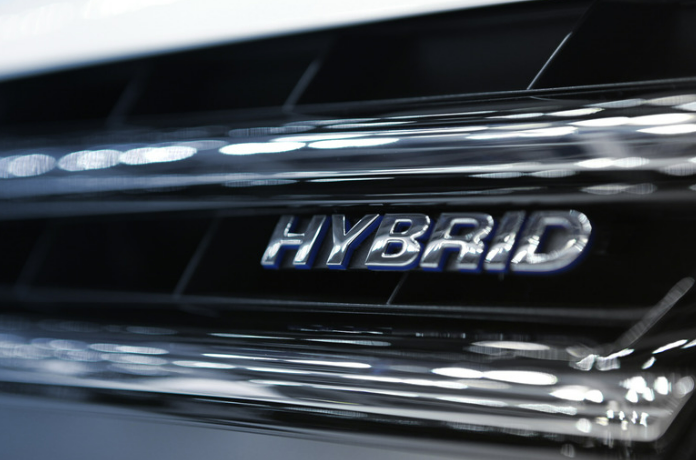Menu
Menu


Updated on Feb 2, 2024 | 6 min read
Hybrid Car | Electric Vehicle |
Internal combustion engine + electric motor | Electric motor powered by battery |
Works on Gasoline | Works on Electricity |
Charging is not required in most cases | Works on Charging only |
The range is longer than the EV | The range is limited by battery capacity |
Fuel efficiency is lower than EVs | Fuel efficiency is more than hybrids |
Emissions are Lower than traditional ICE vehicles | Zero tailpipe emissions |
Generally lower upfront costs | Higher upfront costs but lower operation |
Less maintenance due to simpler systems | Less maintenance due to fewer moving parts |
Connect with 1C for expert advice on EV chargers
A hybrid car combines an internal combustion engine with an electric motor for propulsion, running solely on gasoline. It uses small, high-voltage batteries to power the electric motor but doesn’t require external charging. Diesel hybrids are rare and are mostly used in heavy-duty applications like locomotives.
An Electric Vehicle is a type of vehicle that operates using electric motors for propulsion, instead of an internal combustion engine which is found in gasoline-powered cars. EVs are powered by electricity stored in rechargeable batteries, which can be charged by plugging into an electric power source known as EV Chargers.

Choosing between 100% electric vehicles and traditional internal combustion engine (ICE) cars poses challenges, from charging concerns to lengthy recharging times. However, plug-in hybrids present a middle ground, offering several advantages:
Connect with 1C for expert advice on EV chargers
Some Hybrid Cars in India are:
Hybrid vehicles blend the benefits of internal combustion engines and electric motors, offering fuel efficiency and lower emissions. They suit budget-conscious buyers, providing an alternative amid rising gas prices. Maintenance focuses on the battery, and while hybrids have cleaner emissions and efficient engines, reduced performance and higher initial costs are considerations. Indian automakers, including Maruti and Toyota, are embracing hybrids as a transitional step between traditional and electric vehicles, with a growing focus on hybrid models in the coming years.
© 2024 Massive Mobility Private Limited. All rights Reserved